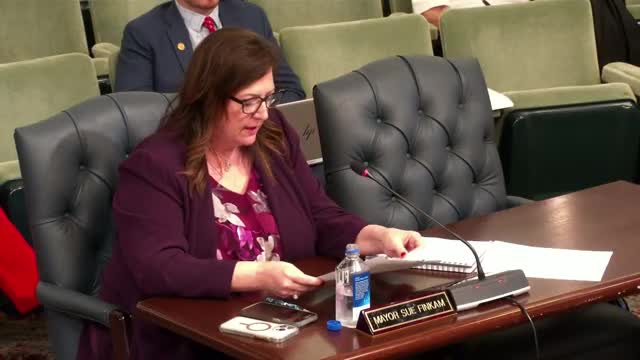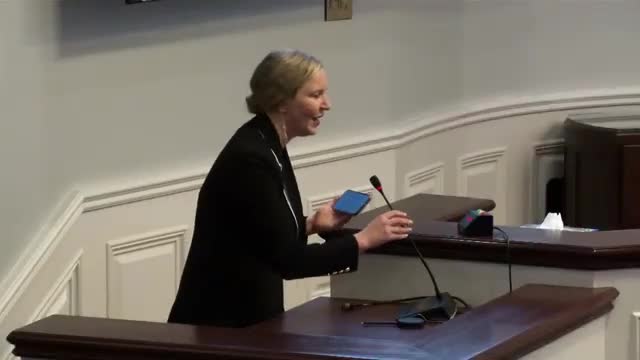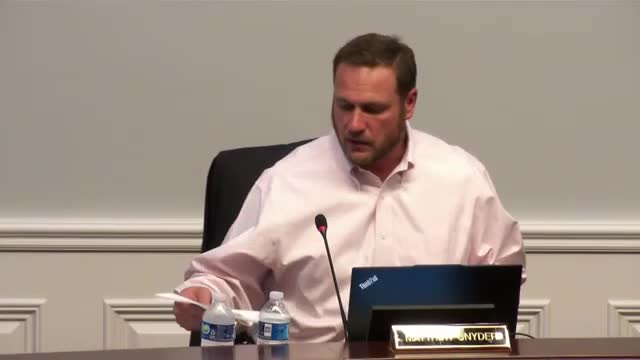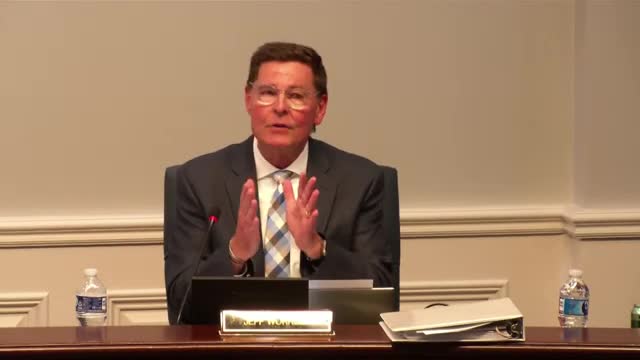Article not found
This article is no longer available. But don't worry—we've gathered other articles that discuss the same topic.

Mayor proposes new nonprofit to centralize city events as council considers governance reform ordinance

Carmel council votes to open full investigation after months of Christkindlmarkt controversy

Council forwards group-home zoning changes to Plan Commission after committee review

